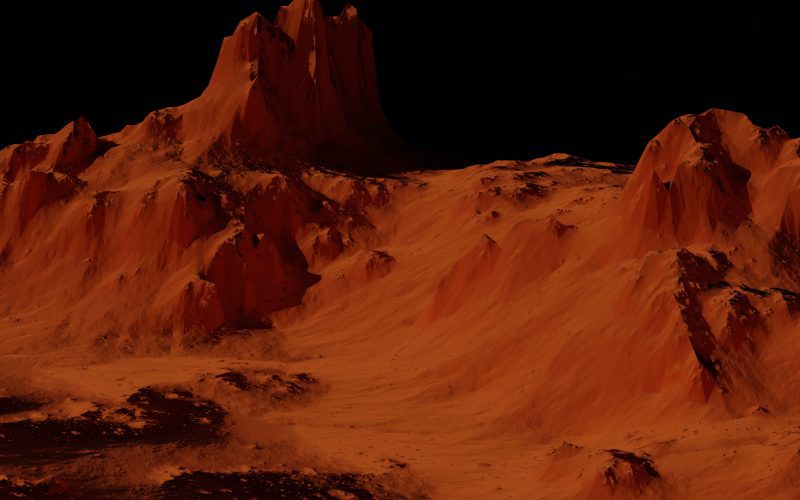It’s the clearest evidence of waves and water found by the Curiosity rover.
NASA’s Curiosity rover has been exploring Mars’ Gale Crater for over a decade. It may be a veteran of Mars, but it still has some surprises in store, such as an ancient lake bed in an unexpected location.
The rover captured images of stunning rocks that show distinct signs of water from Mars’ distant past. “Billions of years ago, waves on the surface of a shallow lake stirred up sediment at the lake bottom, eventually leaving rippled textures in rock,” NASA explained in a statement on Wednesday.
Curiosity is making its way up the lower levels of Mount Sharp, the crater’s massive central mountain. One of the rover’s primary objectives is to determine whether this area was once habitable for microbial life. Understanding the crater’s water history is a critical component of the mission.
“This is the best evidence of water and waves we’ve seen on Mars,” Curiosity project scientist Ashwin Vasavada said. “We climbed through thousands of feet of lake deposits and never saw anything like this — and now we’ve found it in a place we thought would be dry.”
According to NASA, the mountain behaves like a timeline, with older layers at the bottom and younger layers at the top. The rippling rocks are in an area known as the Marker Band, which contains a distinct layer of dark rock. Curiosity has attempted to drill into the fascinating rocks in this area in order to study them more closely, but the rocks are extremely hard and have thus far thwarted the rover’s efforts. The team is still hoping to drill into softer rock.
The rippling lake rocks aren’t the only ones that scientists have noticed. Curiosity also discovered some rocks with regular layers. The formation of those rock layers is still being studied, but it could be linked to ancient dust storms. “The wave ripples, debris flows, and rhythmic layers all tell us that wet-to-dry on Mars was not a simple story,” Vasavada explained. “Mars’ ancient climate was wonderful in its complexity, much like Earth’s.”










